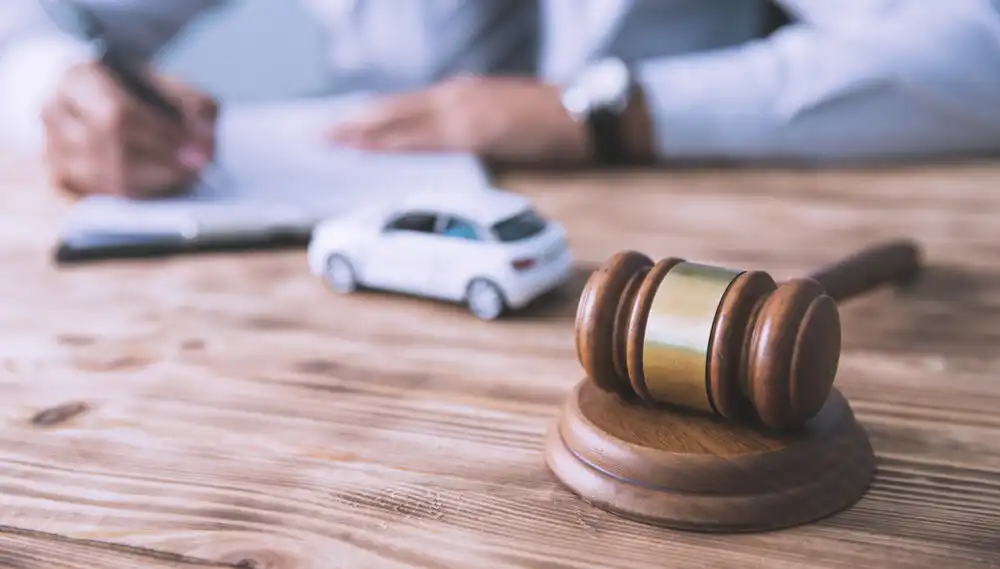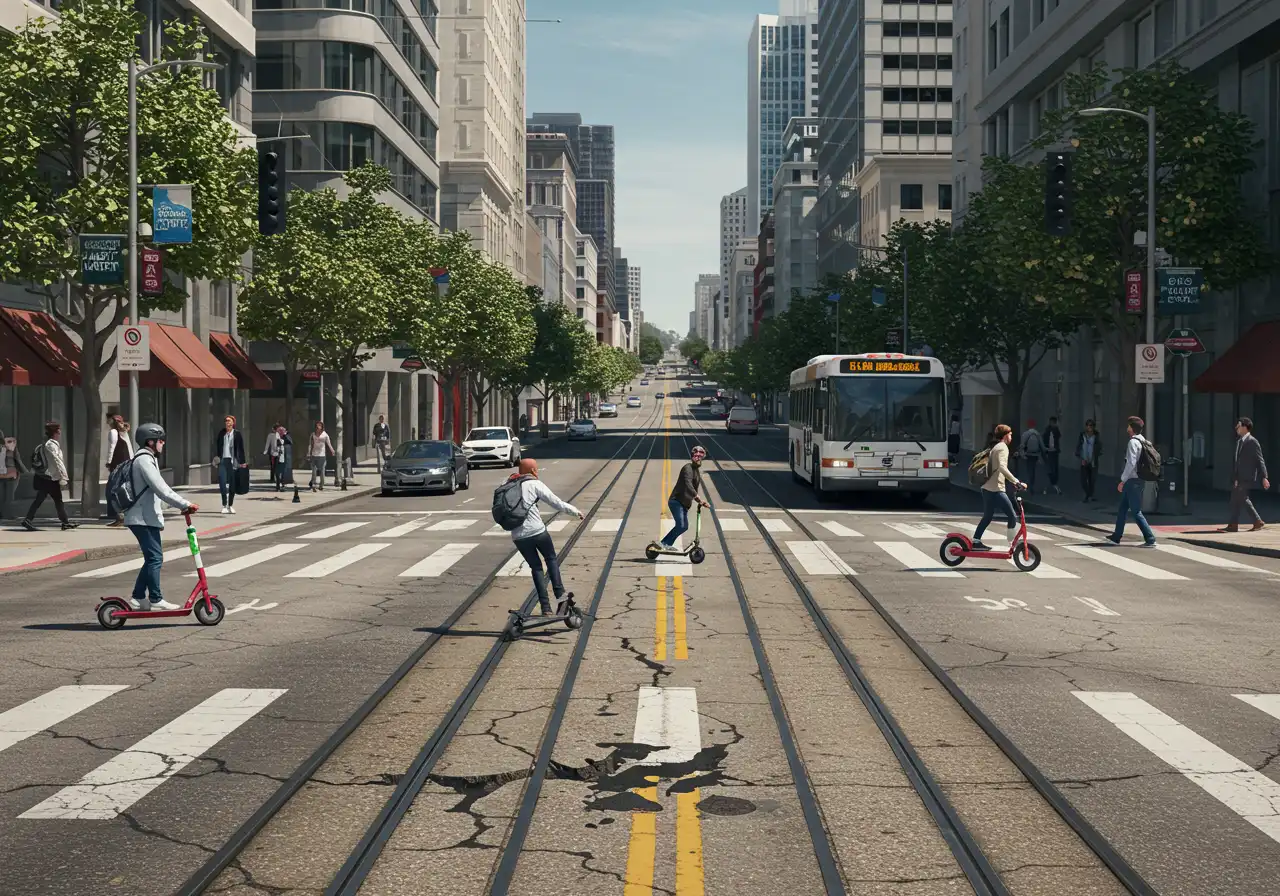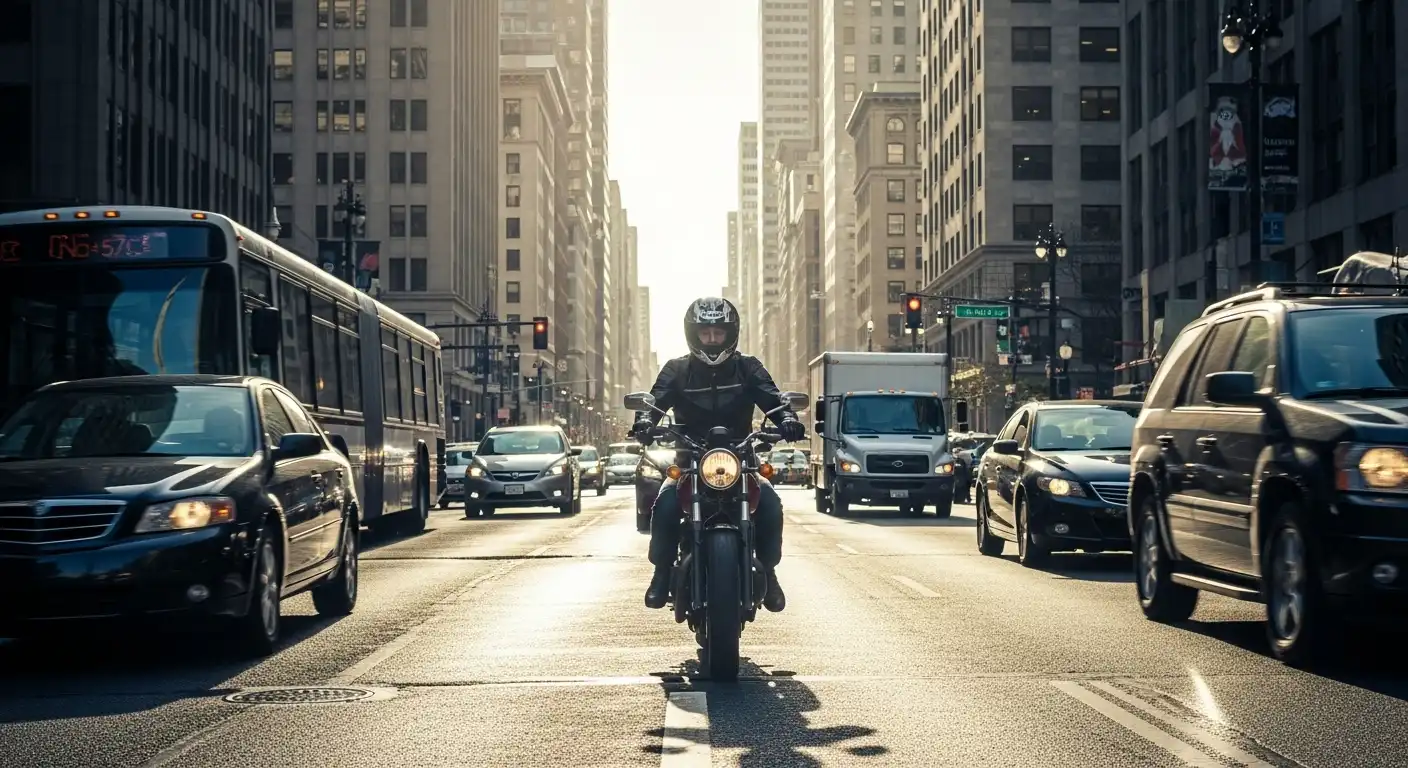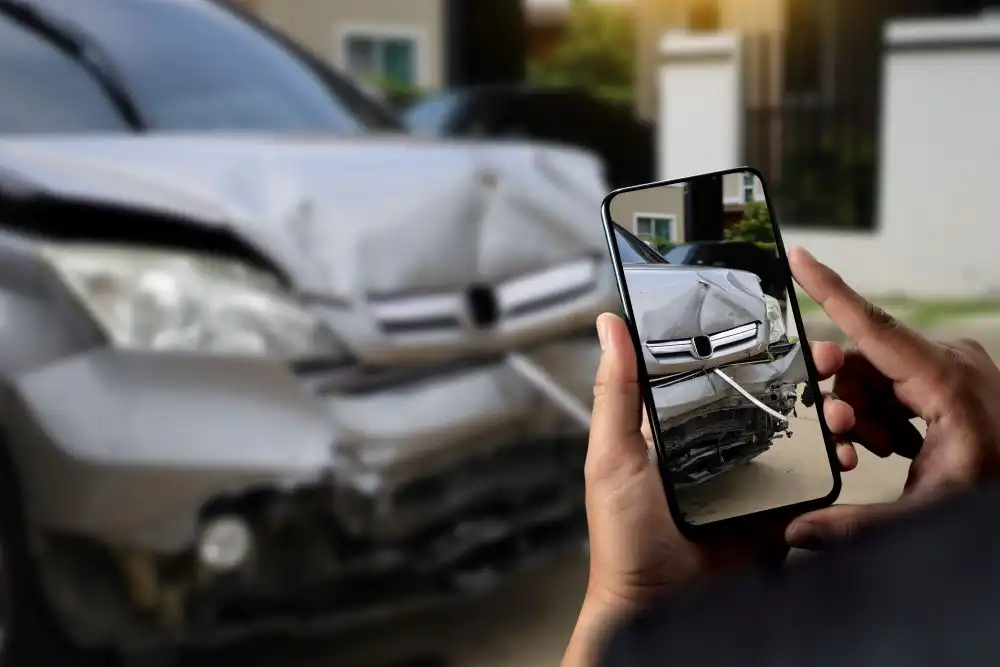Car accidents can happen in the blink of an eye. Whether it’s a minor fender bender or a major collision, being involved in an accident can leave you feeling disoriented, confused, and unsure of what to do next. However, the actions you take immediately after the accident can greatly affect your ability to recover compensation for your injuries and damages. This guide provides essential steps to take after a car accident in San Francisco to ensure that your rights are protected.
1. Ensure Safety and Check for Injuries:
Your first priority after an accident is to make sure you and everyone else involved are safe. If you are able to do so, move to a safe location, away from traffic, to prevent further accidents. Turn on your hazard lights to alert other drivers.
If you or anyone else is injured, call 911 immediately. Don’t try to move anyone who may be seriously injured unless they are in immediate danger (e.g., a car fire). If you’re injured, seek medical attention right away, even if your injuries seem minor, as some injuries, like whiplash or internal bleeding, might not be immediately apparent.
2. Call the Police and Report the Accident:
In San Francisco, it is important to call the police after a car accident, especially if there are injuries or significant property damage. When you call 911, the dispatcher will send the appropriate emergency services. The police will also come to the scene and create a report, which can be crucial for your claim.
When speaking to the police, be sure to provide them with all the necessary information, but avoid admitting fault or making assumptions about what caused the accident. Simply explain the facts as you know them. The police report will serve as an official record of the incident and will be used by insurance companies and legal professionals to determine fault.
3. Gather Information from All Parties Involved:
It’s essential to gather information from everyone involved in the accident. This will be helpful when filing an insurance claim or if you decide to pursue legal action. Be sure to collect:
-
Names and contact information (phone numbers, addresses) of all drivers and passengers
-
Driver’s license numbers
-
Insurance information, including policy numbers and the insurance companies
-
License plate numbers of the vehicles involved
-
Details of the accident, including the exact location, time, and any conditions that may have contributed to the accident (e.g., weather, road conditions)
If there are any witnesses to the accident, make sure to get their contact details as well. Witness testimony can be critical in proving fault, especially if there are conflicting versions of the event.
4. Document the Accident Scene:
Take photos of the accident scene, including:
-
Damage to all vehicles involved
-
Skid marks, debris, or any road conditions that may have contributed to the crash
-
Injuries (if visible)
-
Traffic signals, road signs, or any other contributing factors
These photos can provide important evidence and help establish the facts of the accident. If possible, also make a note of the weather and traffic conditions at the time of the crash.
5. Avoid Admitting Fault:
It’s natural to want to apologize or explain what happened after an accident, but avoid making any statements that could be interpreted as an admission of fault. Even saying “I’m sorry” can be used against you later, even if you’re not the one responsible for the accident. Keep the conversation focused on the facts.
Remember, fault can be difficult to determine in the immediate aftermath of a crash, and there may be factors at play that you aren’t aware of. Let the police and insurance companies determine fault based on the evidence.
6. Seek Medical Attention and Keep Records:
Even if you don’t feel seriously injured, it’s important to visit a doctor after a car accident. Some injuries, such as soft tissue damage or concussions, may not show symptoms right away. Seeing a doctor helps establish a record of your injuries, which can be vital for your personal injury claim.
Keep a detailed record of all medical treatments, prescriptions, and doctor visits, as well as any other expenses incurred due to your injuries (e.g., travel to medical appointments, home care). This documentation will support your claim for compensation.
7. Contact Your Insurance Company:
Notify your insurance company about the accident as soon as possible. Most insurance policies require that you report accidents within a specific time frame. Be honest and provide the details of the accident, but refrain from making statements about fault or accepting any settlement offers until you’ve consulted with an attorney.
Your insurance company may also try to offer a quick settlement, but you should be cautious. Insurance companies are in business to minimize their payouts. It’s often in your best interest to wait until you’ve consulted with a personal injury lawyer before accepting any offers.
8. Contact a San Francisco Accident Lawyer:
The steps you take following a car accident can have a major impact on your ability to recover compensation for your damages. Consulting with an experienced San Francisco accident lawyer is one of the most important actions you can take.
A skilled lawyer can help you by:
-
Investigating the accident and gathering evidence
-
Handling communications with the insurance companies
-
Determining the value of your claim, including medical expenses, lost wages, and pain and suffering
-
Representing you in negotiations or court if necessary
A lawyer’s expertise in accident claims can help you secure the compensation you deserve and protect your rights throughout the legal process.
9. Be Mindful of the Statute of Limitations:
In California, you typically have two years from the date of the accident to file a personal injury lawsuit. However, this time frame can vary depending on the circumstances, so it’s crucial to act quickly. Consulting with an accident lawyer early on can help you ensure that you meet all the necessary deadlines.
Conclusion:
Car accidents can be traumatic, but the steps you take afterward can significantly impact the outcome of your case. By following the advice above—securing medical care, gathering evidence, notifying your insurance company, and consulting with an experienced San Francisco accident lawyer—you can protect your rights and increase your chances of obtaining fair compensation for your injuries and damages.
If you’ve been involved in a car accident in San Francisco, don’t hesitate to reach out to an experienced lawyer to help guide you through the legal process. You deserve to have someone fighting for your rights every step of the way.




